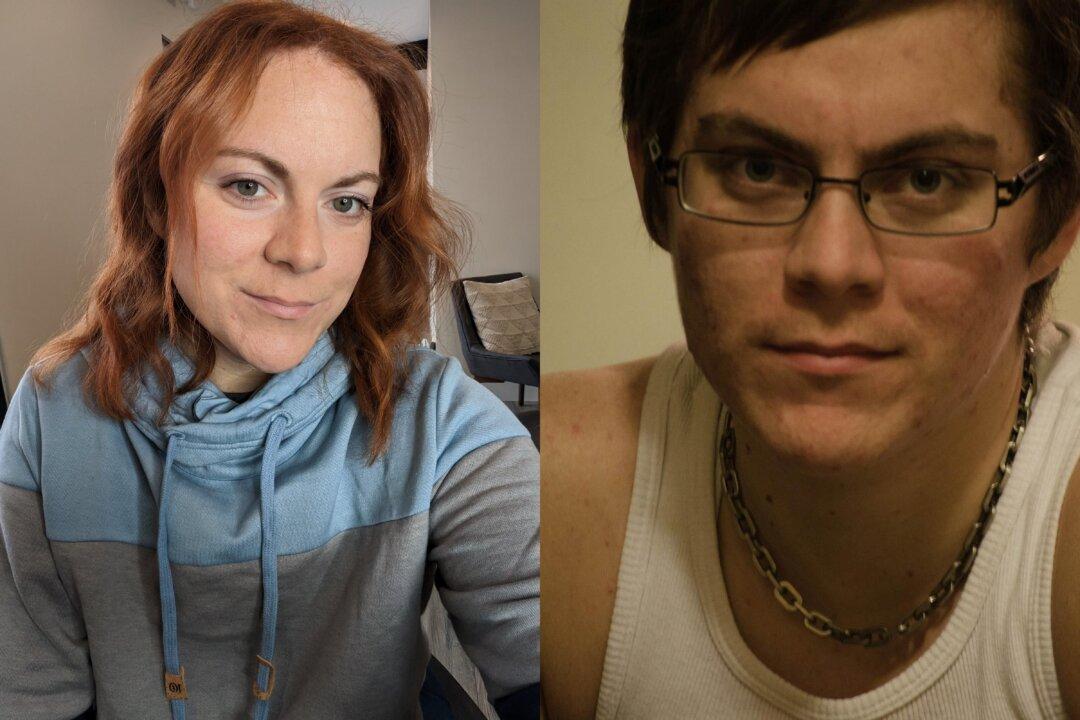At 21 years old, after a history of being treated for social anxiety, clinical depression, panic attacks, self-harming behaviour, and a suicide attempt, Michelle Zacchigna thought she might be a man.
She was unhappy and depressed and had dropped out of university due to her declining mental health. She became fascinated with a “gender nonconformity” subculture on the internet and believed that once she took on a new identity and gender, the depression would go away.





